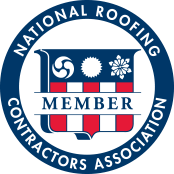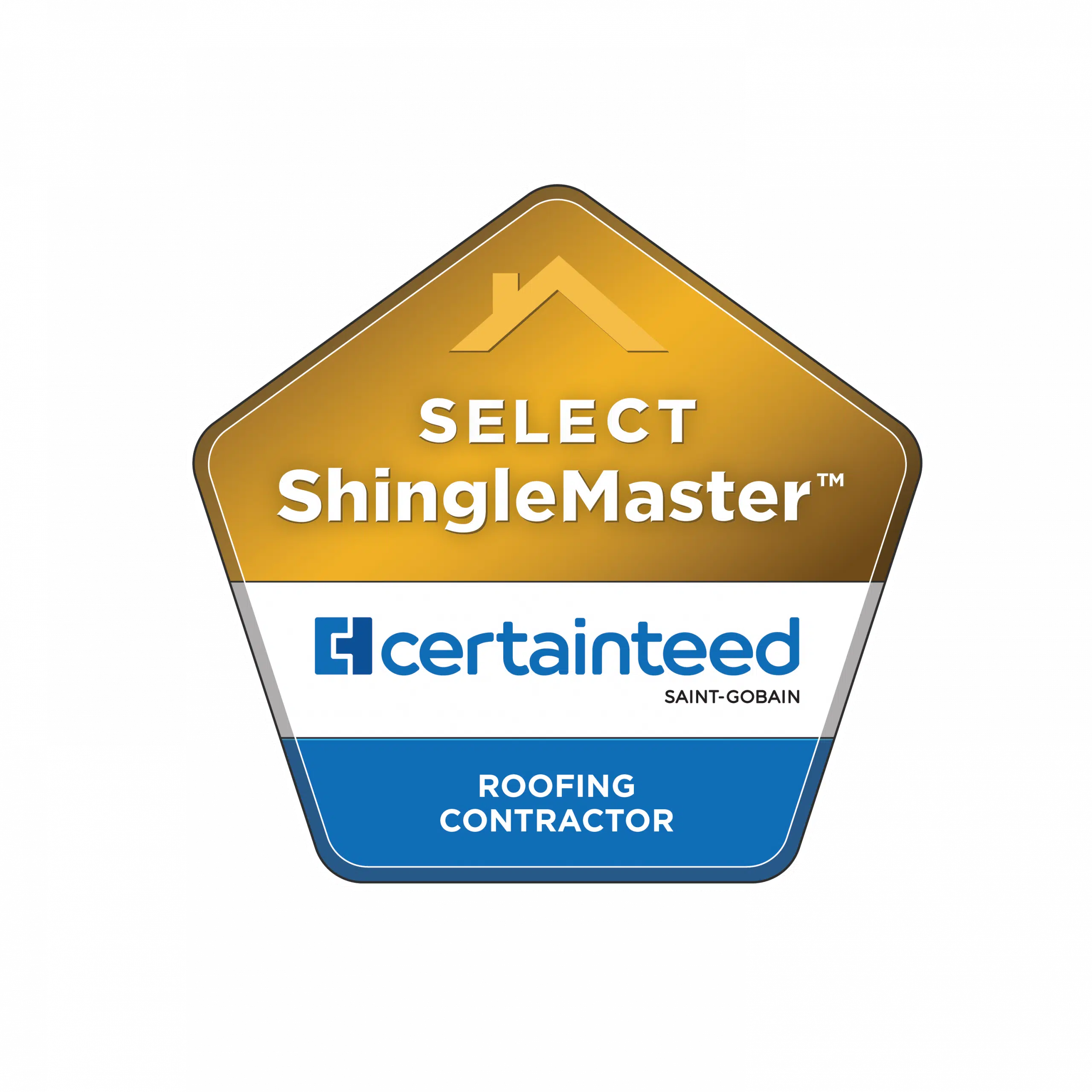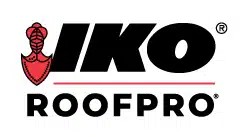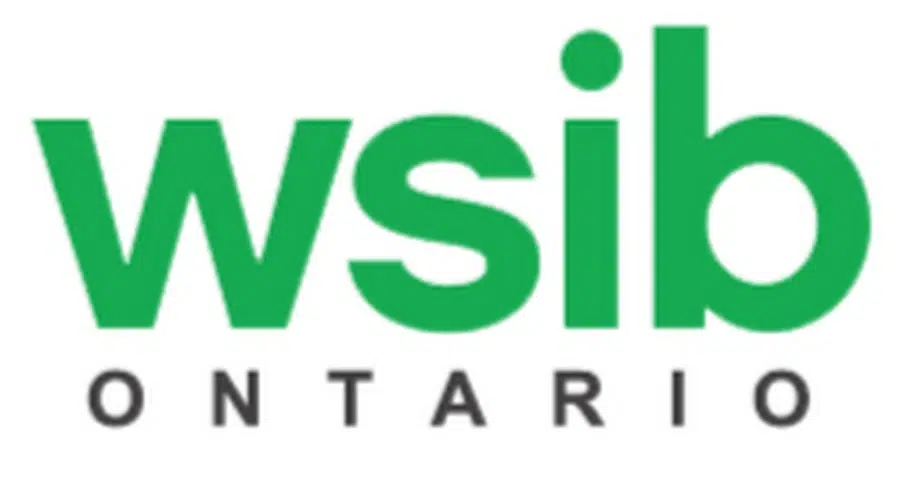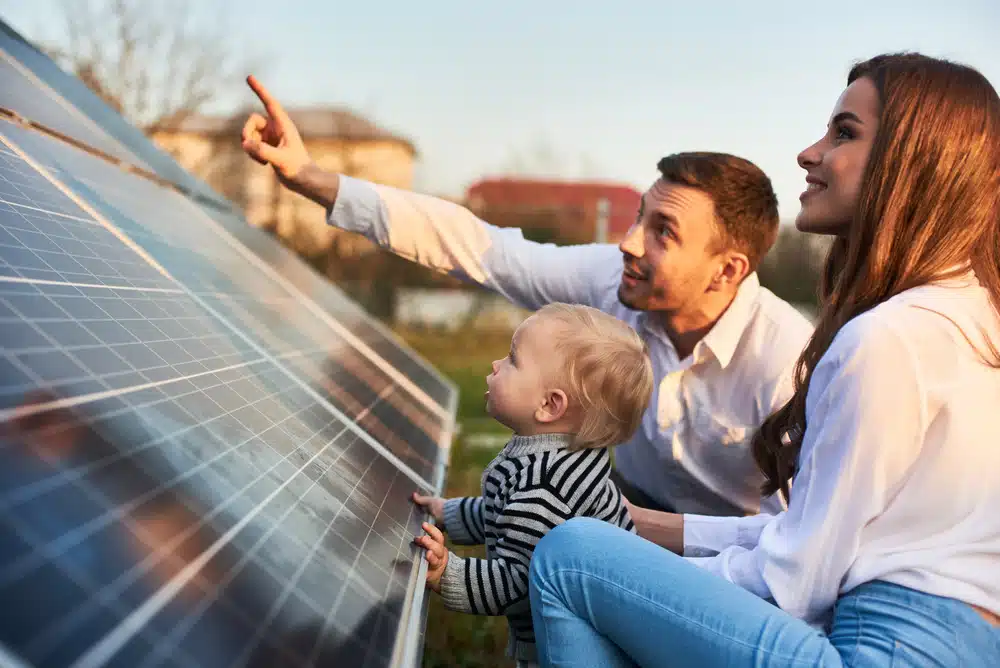
Solar energy is becoming more and more popular with homeowners for several reasons. As concerns about climate change continue to grow, many people in Ontario are considering installing solar panels on their roofs as a way to reduce their carbon footprint and lower their electricity bills. Solar panels convert sunlight into electricity, providing an alternative to traditional fossil fuel-based energy sources.
In this guide, we’ll explore the pros and cons of this technology and discuss important factors to consider to help you determine if solar panels on your roof are right for you.
Contents
Table of Contents
- Pros of Installing Solar Panels on Your Roof
- Cons of Installing Solar Panels on Your Roof
- What to Consider When Choosing Solar Panels for Your Roof
- Frequently Asked Questions
Pros of Installing Solar Panels on Your Roof
There are significant benefits to switching to solar panels, like the following:
Lower Electricity Bills
By installing solar panels on your roof, you can generate your own electricity and reduce your dependence on the grid. This means that you can potentially lower your electricity bills or eliminate them altogether.
Environmentally Friendly
One of the biggest advantages of installing solar panels on your roof is that it is an environmentally friendly choice. Solar energy is a renewable resource that does not produce harmful emissions, which makes it the better option in the face of climate change. By using solar power, you can significantly reduce your carbon footprint and help create a more sustainable future.
Financial Benefits
In Ontario, homeowners with solar panels can participate in net metering programs, which allow you to sell any excess electricity back to the grid and receive credits on your electricity bills. These programs encourage people to switch to renewable energy sources to help offset the carbon footprint left by household electricity use.
Increased Home Value
Data shows that some homes with solar panels sell faster and for a higher price than homes without this technology. This increase in value can be up to 4%, which is a trend seen across Canada and the United States.
Reliability and Durability of Solar Panels
Solar panels are built to last, with an expected lifespan of 25 to 30 years or more. They require very little maintenance, with occasional cleaning and inspections to ensure they function properly. Additionally, solar panels can withstand extreme weather conditions, such as snow and high winds, making them a reliable energy source even in climates like Ontario’s. Keep in mind that you should perform regular inspections to ensure they’re still intact, especially after extreme climate events.
Cons of Installing Solar Panels on Your Roof
High Initial Costs
One of the most significant disadvantages of installing solar panels on your roof is the high initial cost. Depending on the size of the system, this can cost anywhere from $10,000 to $20,000 or higher. However, it’s important to note that the long-term financial benefits and savings on electricity bills can outweigh this initial cost.
Maintenance and Repair Expenses
While solar panels require very little maintenance, there may be occasional expenses for cleaning, inspections, and repairs. For example, if a panel is damaged or needs to be replaced, this can be expensive to fix.
Compatability with Your Roof
Not all roofs are suitable for solar panels, which can be a potential disadvantage. Factors such as the age and condition of the roof, the orientation and shading, and the available space can affect the feasibility of a solar panel installation. It’s important to have your roof inspected by a professional to help you determine if solar panels are the right fit.
What to Consider When Choosing Solar Panels for Your Roof
If you are interested in investing in solar energy, you will need to determine if your roof will be an appropriate location for the installation of solar panels. Your experienced local roofer can help you to determine if this is an option for your home. There are several factors that you must consider.
Orientation and Location of Your House
A south-facing roof, or even a roof that faces southeast or southwest, will provide the most efficient surface for solar panels. Your roof will need to be exposed to full sun for as much of the day as possible, so it is important that large trees or other buildings do not provide too much shade.
Roof Pitch
In Ontario, a roof with a pitch of 30 to 35 degrees provides the ideal conditions for the installation of solar panels. However, an angle of anywhere between 20 degrees and 45 degrees will provide fairly good energy generation.
If your roof is flat, your solar panels can be mounted on a frame, which will allow you to mount the panels at an ideal angle and orientation. Frames can be anchored to the roof or weighted down, provided the roof structure can support the extra weight. Frames are an added cost, so installing solar panels on a flat roof can be expensive.
Age of Your Roof
Many solar panel specialists recommend that if your roof is over 10 years old, you should update your roof prior to installing solar panels. This will allow you to avoid the extra labour expense related to removing and reinstalling your solar panels when you need to replace your roof.
Type of Roof
Solar panels can be installed on a variety of different roofs. However, the type of roofing material may make the installation more complex and, therefore, more expensive. Asphalt tiles make a good and easy installation surface for solar panels and are one of the more common types of roof in Ontario. Metal roofs are also a popular type of material for solar panel installations. They are durable, long-lasting, and can generally handle the weight of solar panels. Additionally, the smooth surface makes installation easier.
Tile roofs and slate roofs, for example, are not the best materials to support the weight of solar panels. Since tile or slate can be more brittle than other types of roofs, the installation process can be more time-consuming and costly.
Frequently Asked Questions
Is solar expensive?
Solar can often seem like a large upfront investment. You can expect to pay between $10,000 and $20,000 or higher to have solar panels installed. However, there are government programs and incentives that can help cut that cost down. And the benefits you receive over time in electricity savings will far surpass the cost of the initial investment.
How much power does solar generate?
The more sun exposure, the more power that will be generated. It also depends on the overall size of the panels, total solar energy efficiency, and the amount of direct sunlight hitting the panels. Each panel should come with the max power rating listed on the back to provide you with an idea of how much will be generated during prime conditions. To further help you understand your usage and what you can expect, solar installers can come to your home to evaluate your current energy use and map out the installation that will meet those needs.
Will blockage affect my panels’ power production?
Yes, if your chimney, surrounding trees, surrounding homes, and other blockages produce shade, you will not get the most optimal benefits possible. Solar installation experts will evaluate the areas of your home that receive the best exposure and determine what type of solar can be installed there.
Can you reserve power to be used on overcast days or at night?
You can purchase batteries that will allow you to store power generated during the day to be used at other times. It’s not necessarily cost-effective to go off-grid in this way, but it’s possible if you don’t mind the extra expense.
Are solar panels easy to break?
Many panels are designed to be impact resistant and are made of tempered glass that can hold up against normal weather conditions. However, you should always check what the warranty covers and talk to your insurance provider about how you can have coverage added to address potential panel damage or fire.
Will panels damage my roof?
As long as the panels are properly installed there is little risk to your roof. In most cases, the panels will work as a protective shield and prolong your roof’s material. Just don’t forget to consider the age of your roof and remaining lifespan before installing. If solar panels outlast your roof, you will need to take the panels down for replacement, costing more in the long run. A professional can help you assess the condition of your roof and its ability to handle solar panels.
Get in Touch with the Professionals
Solar panels are an excellent way to save energy costs, help the environment and extend the lifespan of your roof. But before you make the decision, talk to the experts. At Roofmaster, we can assess the condition of your roof and help you plan for your installation. Reach out to us today to learn more.



